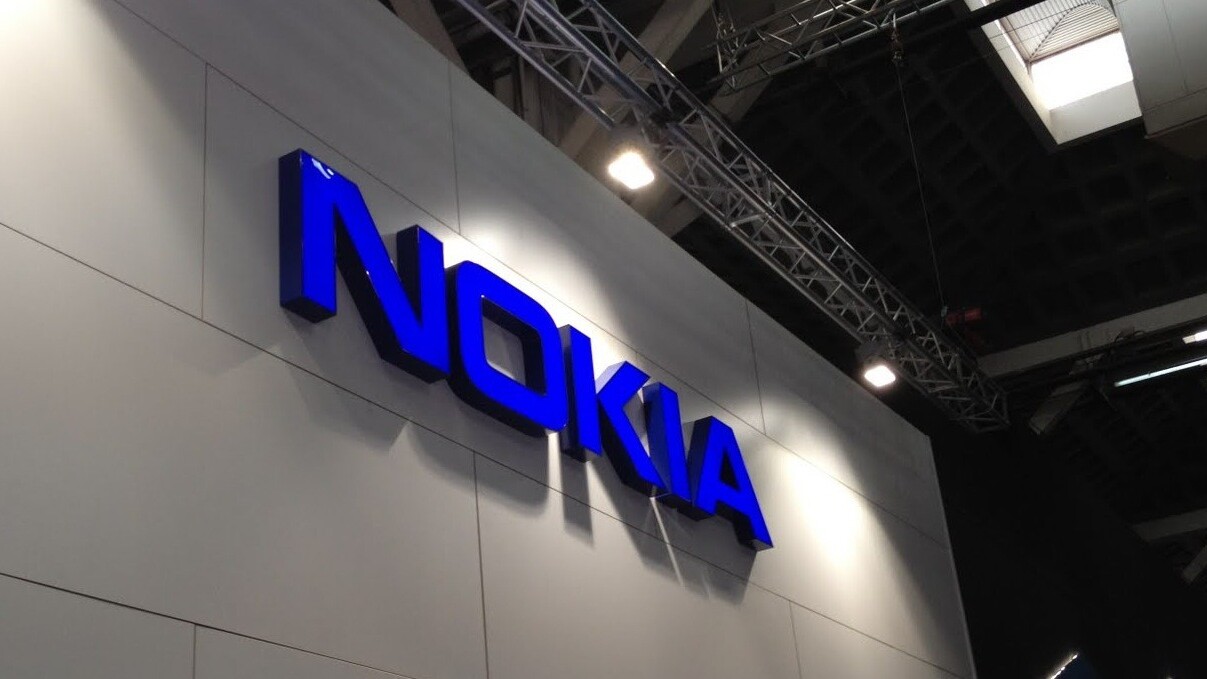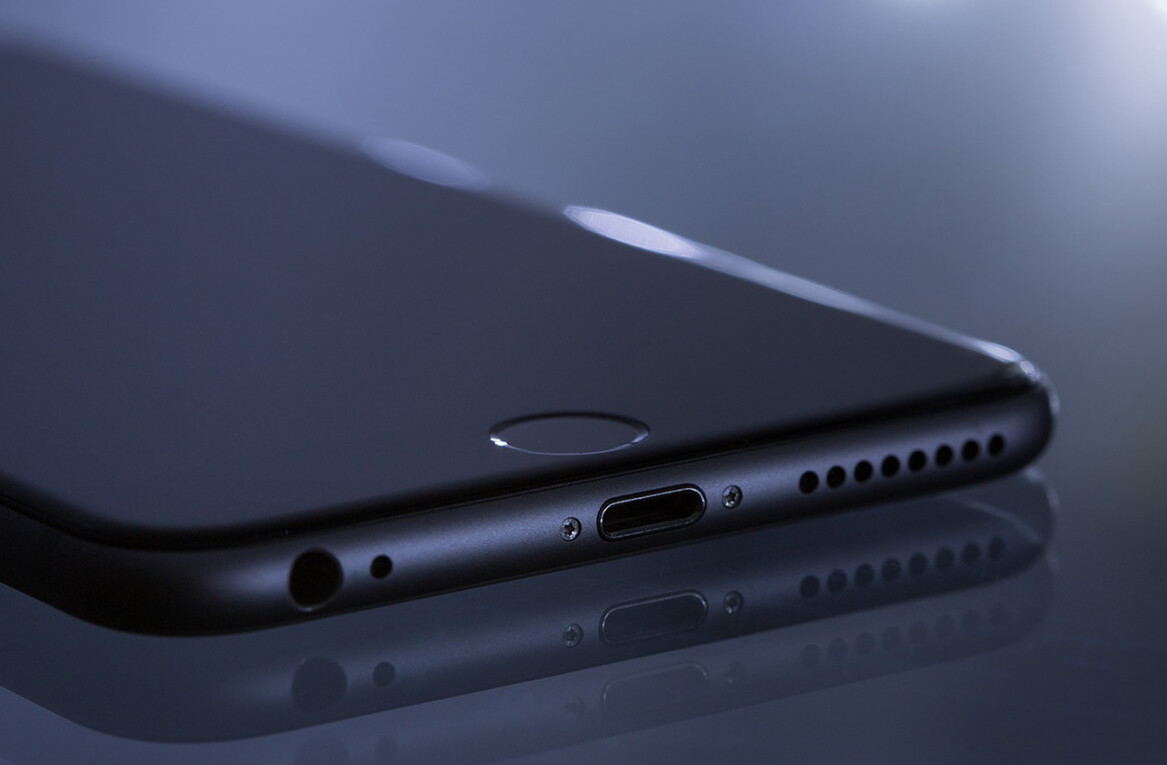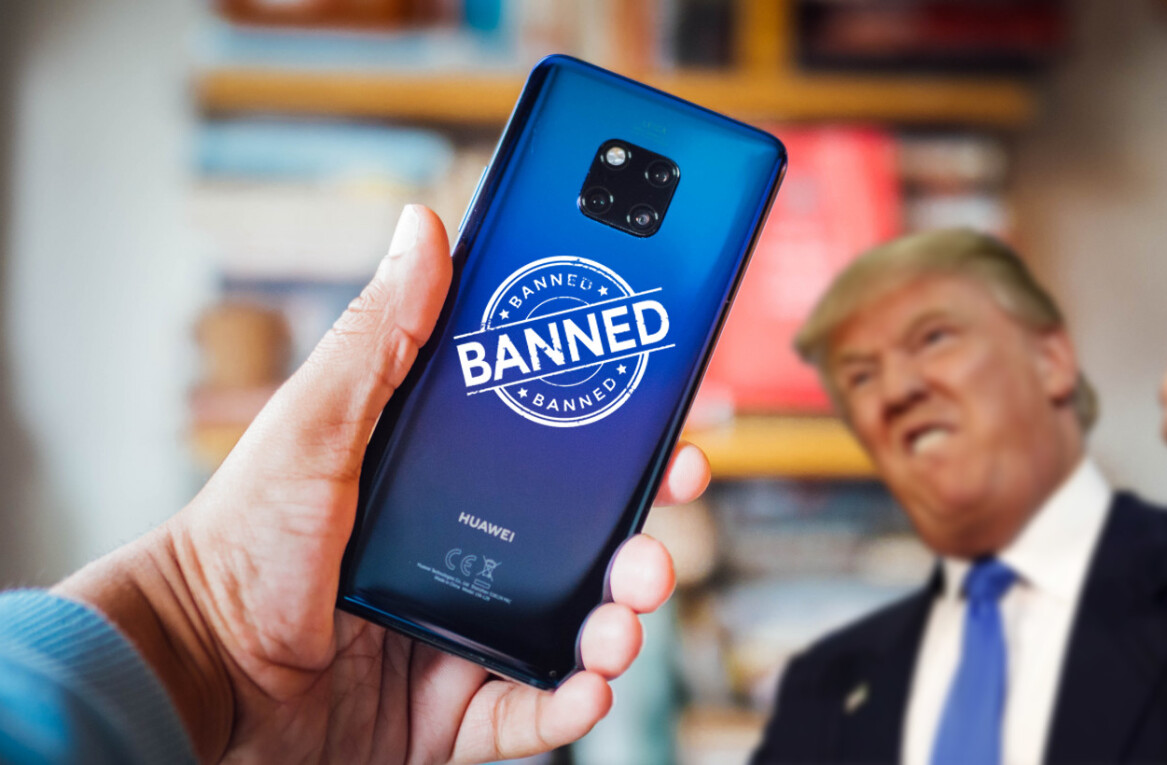
Following its recent loss against Nokia at a recent arbitration tribunal, Canadian smartphone giant RIM has decided to put an end to its outstanding patent fights against the Finnish mobile maker, agreeing a deal that will see it license Nokia’s patents, with both parties withdrawing “all existing patent litigation.”
As part of the agreement, RIM has agreed to make a one-time payment to Nokia, following up with ongoing royalty payments. This is similar to a deal that the company signed with Apple, which continues to pay royalties after signing a licensing agreement in March 2011.
“We are very pleased to have resolved our patent licensing issues with RIM and reached this new agreement, while maintaining Nokia’s ability to protect our unique product differentiation,” said Paul Melin, chief intellectual property officer at Nokia. “This agreement demonstrates Nokia’s industry leading patent portfolio and enables us to focus on further licensing opportunities in the mobile communications market.”
At the end of November, RIM saw its decision to take its patent issues with Nokia up with an arbitration tribunal backfire when it was found to be in breach of contract. This allowed Nokia to file actions in the US, UK and Canada in order to put an end to its licensing troubles.
The two companies originally signed a deal in 2003, agreeing to cross-license standards-essential patents, which was then amended in 2008. Nokia said that in 2011, RIM argued that these patents — which covered WLAN technologies — extended beyond cellular essentials, resulting in an arbitration tribunal.
The patents in question were U.S. patents 5,479,476 (user-adjustable modes for phones); 5,845,219, (call alert during silent mode); 6,049,796, (real-time search on a personal digital assistant); 6,055,439, (cellphone user interface); 6,253,075, (call rejection); and 6,427,078, (small, handheld workstation).
The tribunal ruled against RIM, stating that it was “not entitled to manufacture or sell WLAN products without first agreeing royalties with Nokia,” and as a result, Nokia moved to file actions in the US, UK and Canada, which it said was aimed at “ending RIM’s breach of contract.”
The injunctions have now been dropped.
Yesterday, RIM beat expectations with its third quarter financials, reporting revenues of $2.7 billion and earnings per share of -$0.22. The company sold 6.9 million smartphones and 225,000 BlackBerry PlayBooks.
RIM is looking ahead to January 2013, where it will launch its first two smartphones running its new BlackBerry 10 operating system. It appears the company did not want ongoing patent litigation hanging over its head and so decided to choose licensing over a possible costly legal battle.
Get the TNW newsletter
Get the most important tech news in your inbox each week.



